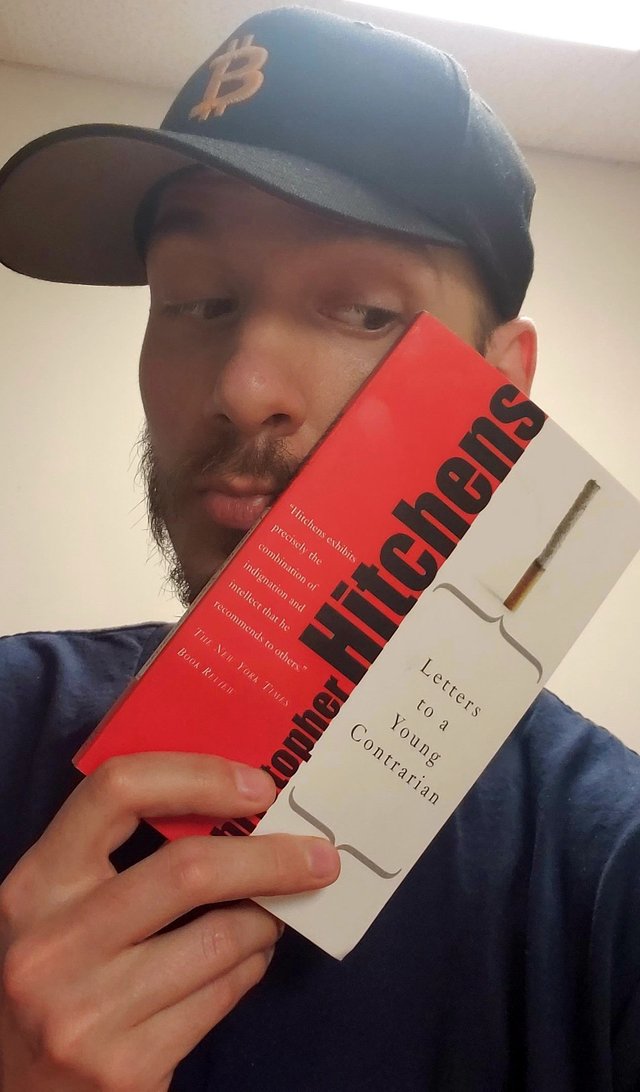The Principles of Cowardice
.jpeg)
Should you hold the disposition of go-along to get-along, then this is not for you. Or, maybe this is precisely for you. You must be familiar with acquiescing to harmful practices occurring right in front of you. Your mind oscillates from cognitive dissonance, but you tell yourself that if you speak up, you'll only exacerbate the situation. This thinking takes root in fear and cowardice. It's a trap, a specious trap where you abdicate responsibility. The clever Cambridge academic F.M. Cornford put forth the arguments for inaction in his 1908 treatise Microcosmographia Academica. I've broken down and highlighted the following arguments for inaction as the most common, what I deem, Principles of Cowardice.
1. The Wedge Principle
The Principle of the Wedge is that you should not act justly now for fear of raising expectations that you may act still more justly in the future—expectations that you are afraid you will not have the courage to satisfy. A little reflection will make it evident that the Wedge argument implies the admission that the persons who use it cannot prove that the action is not just. If they could, that would be the sole and sufficient reason for not doing it, and this argument would be superfluous.
The Wedge Argument leaves the implication that: "...the persons who use [the argument] cannot prove that the action is not just." In other words, if the "justly" action indeed appears just, apply the Wedge Principle as an argument for inaction. Disregard the ethical ramifications and instead focus on saving face. You've no doubt felt that fear, that lurking unease. "What will they say?" "If I do this now, how can I live up to that in the future?" That's the Wedge Principle wedging you into the overcrowded corner of conformity.

2. The Dangerous Precedent
The Principle of the Dangerous Precedent is that you should not now do any admittedly right action for fear you, or your equally timid successors, should not have the courage to do right in some future case, which, ex hypothesi, is essentially different, but superficially resembles the present one.
The Dangerous Precedent seems quite similar to the Wedge Principle; nevertheless, the reasoning by which inaction occurs differs. The Dangerous Precedent contemplates not on the action's degree of just. Rather, the focus relies solely upon envisioning sequential future scenarios. You may recognize this more colloquially as the "slippery slope." Surely, you're acquainted with these principles in your own life. "If I do something now, I'll be expected to keep doing something. What will others think if I decide to not fight the next battle? I only have so much energy. Is it even worth it? What will this prove? People will still act unjustly. I'll let it go. It's not that bad."

The great irony of the Dangerous Precedent lies in the dangerous precedent of not acting. We, human beings, gravitate toward the habitual. Acting justly for the first time eases the resistance during the second time which further eases the third. The first time always proves the most difficult. Like Christopher Hitchens, in his brilliant Letters to a Young Contrarian, states regarding these arguments for inaction: "Every public action that is not customary, either is wrong, or, if it is right, is a dangerous precedent. It follows that nothing should ever be done for the first time."
3. The Unripe Time Principle
The Principle of Unripe Time is that people should not do at the present moment what they think right at that moment, because the moment at which they think it right has not yet arrived.
Admittedly, this one hits home the most. "I should not now do right for fear of relinquishing a tactical advantage for tomorrow." One notable issue with this line of thinking consists of its rather optimistic approach toward inaction. While the previous two principles surmise dread toward the future, Unripe Time welcomes the future filled with better opportunities. Of course, the future neither promises hardship for the precedent you've set nor the perfect opportunity to act. The only kept promise is now. You don't oppose current unjust actions with supposed future opportunities. With the same immediacy as the unjust occurs, the just must be done.
As Cornford so eloquently closes his chapter on arguments: "Time, by the way, is like the medlar; it has a trick of going rotten before it is ripe."
May you not forget this.

4. The Only Principle That Matters
Finally, the conclusion of this investigation takes Cornford's opening line in his chapter "Argument":
There is only one argument for doing something; the rest are arguments for doing nothing.
The question, of course, is: how do you know what is the right thing to do? I cannot tell you; furthermore, I warn you to exercise extreme skepticism toward anyone who claims to have an answer. Examine your actions. When have you acted with inaction using these universal principles as your justification? Don't be too hard on yourself but definitely don't believe that you've always intervened with justice.
I encourage you to understand that inaction holds its own punishment deferred.
"How could x happen?"
Because you did nothing.
*Sources:
Microcosmographia Academica by F.M. Cornford https://www.maths.ed.ac.uk/~v1ranick/baked/micro.pdf
Letters to a Young Contrarian by Christopher Hitchens
**Images used are either my own or under pixabay.com's free license where no attribution is required.